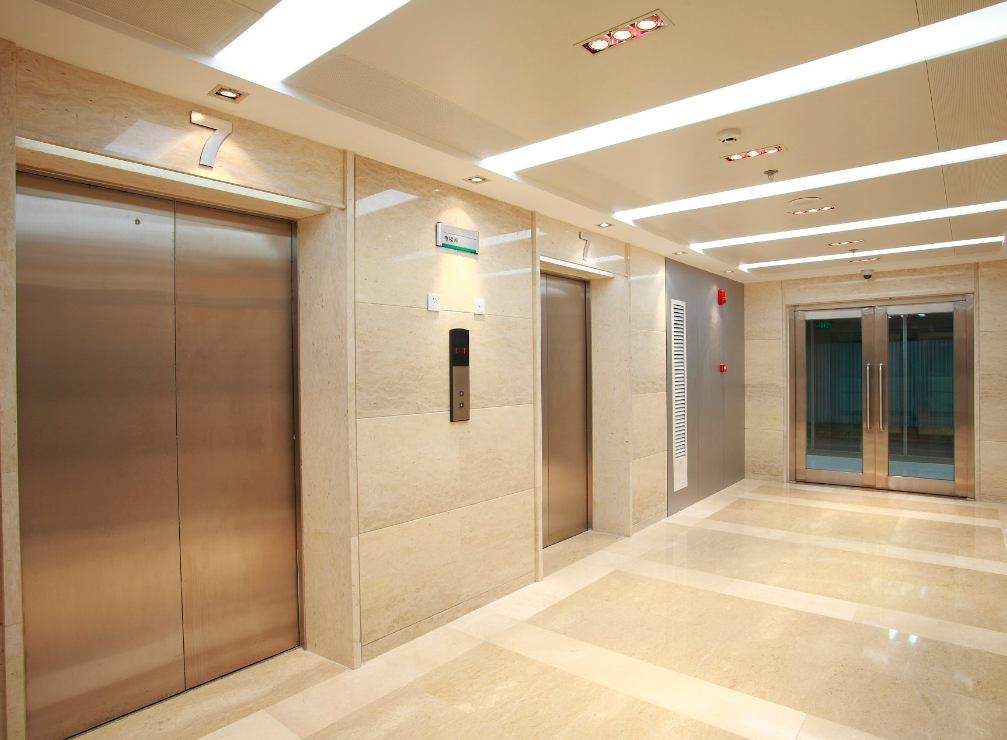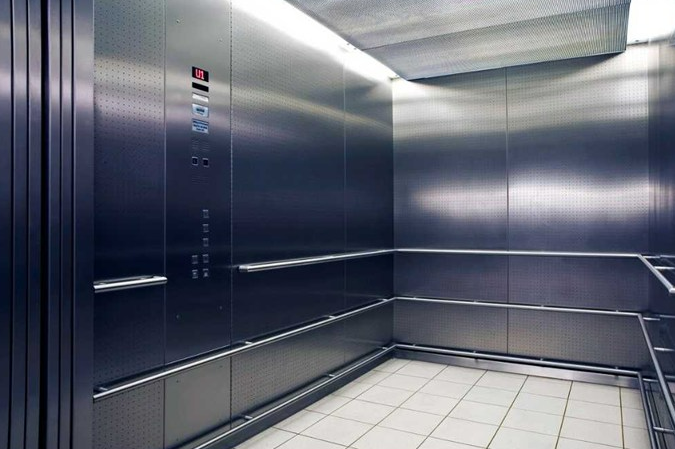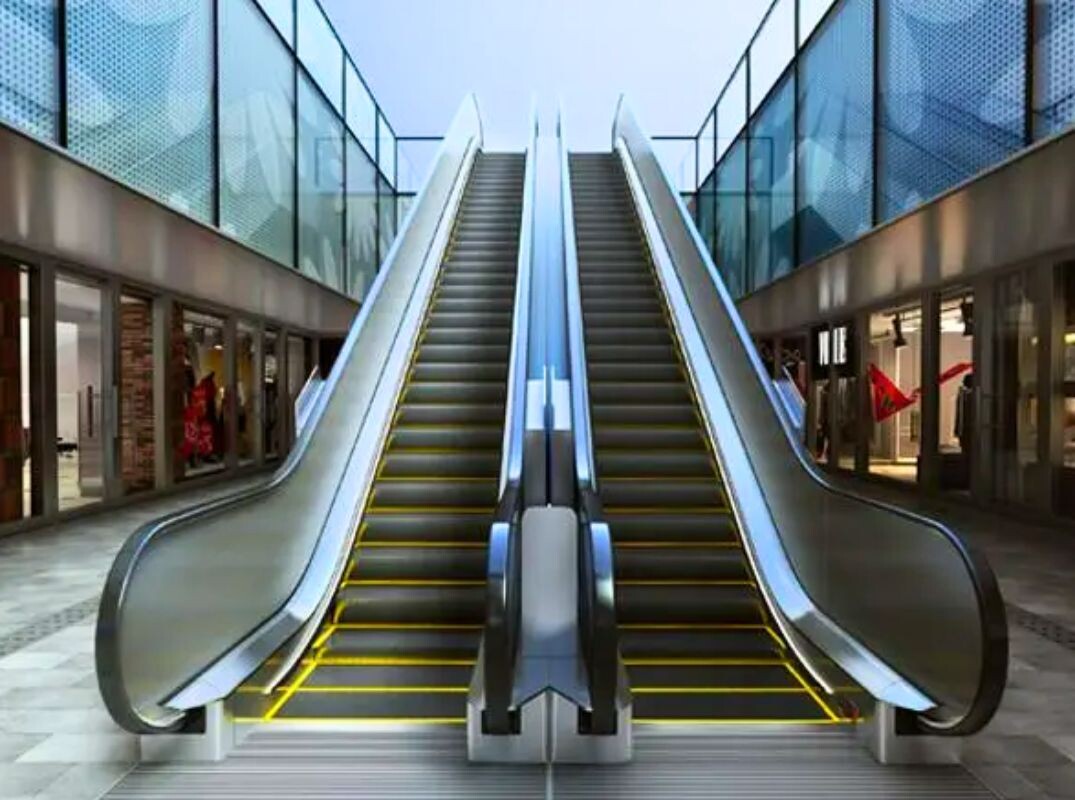Product Description
Freight Elevators
Freight elevators, also known as cargo elevators, are specialized elevator systems designed for transporting goods. Below is a detailed introduction to freight elevators:
Definition and Usage
Freight elevators are specifically designed for the transportation of goods. They feature high load capacity, sturdy construction, and smooth operation. These elevators are widely used in various settings, including commercial buildings, warehouses, industrial plants, hospitals, supermarkets, and hotels.
Key Parameters and Features
Load Capacity: Freight elevators have high load capacities to accommodate different transportation needs. The load capacity can range from several hundred kilograms to several tons, depending on the model and specifications. Cabin Size: The cabin size of a freight elevator is typically large to handle different sizes and shapes of cargo.
The length, width, and height of the cabin can be customized to meet specific requirements. Operating Speed: Compared to passenger elevators, freight elevators generally operate at lower speeds to ensure the stability and safety of the goods during transport. Control System: The control system of a freight elevator can vary, including manual and automatic controls. Manual control requires an operator to press buttons to manage the elevator's movement, while automatic control completes the process based on preset instructions.
Safety Devices and Protective Measures
Freight elevators are equipped with various safety devices and protective measures to handle faults or dangerous situations effectively. These safety features include but are not limited to:
Safety Doors and Locks: Ensure that the cabin and floor doors remain closed during operation, preventing accidental entry or fall of goods. Overload Protection Devices: Automatically cut off the power and stop operation when the elevator is overloaded or abnormal conditions occur. Emergency Brake Devices: Automatically activate to stop the elevator promptly in case of malfunction or overspeed.
Maintenance and Upkeep
Regular maintenance and upkeep are essential to ensure the safety and reliability of freight elevators. This includes cleaning, lubrication, and inspection of safety devices and electrical systems. Professional maintenance units or elevator manufacturers should perform periodic maintenance to identify and eliminate potential hazards, ensuring the elevator's normal operation.
Conclusion
Freight elevators play a crucial role in modern logistics and warehousing industries. They feature high load capacities, sturdy construction, and smooth operation, along with various safety devices and protective measures to ensure safe and reliable transportation. Regular maintenance and upkeep can extend the lifespan of freight elevators and improve their operational efficiency.
Quick Navigation






